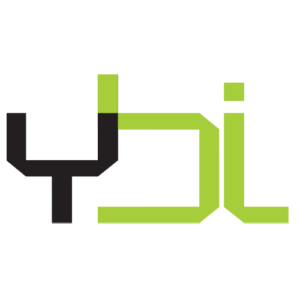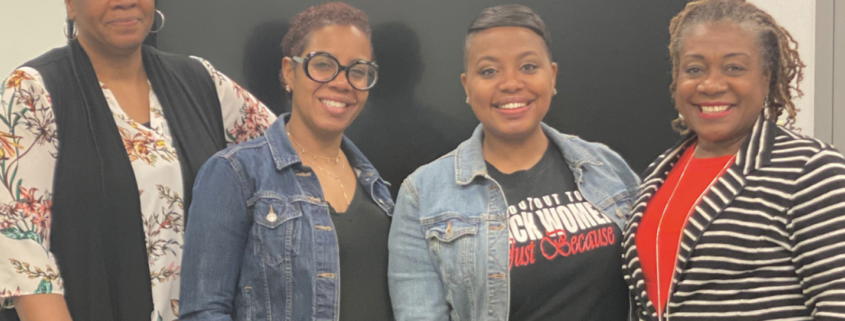4 Challenges Women in Entrepreneurship Face and How to Overcome Them
On average, women-owned companies grow by 84% compared to men-owned companies, growing by 78% since launching. Yet, men still account for the vast majority of business owners.
Many women are choosing to make their own paths in today’s competitive business environment. Progress has been made but inequality still exists, with women of color having to face more hardships when starting and running a business.
Female entrepreneurship in the US has been continually rising over the past decade and has seen a growth of 68% in the last year.
Despite the increased number of women-led companies, limited funding, gender biases and limited government support have kept women out of entrepreneurship for decades and these barriers still exist.
If you’re facing challenges in your entrepreneurship journey, you’re not alone. Here are some of the barriers women entrepreneurs face and some advice for overcoming them:
1. Defying Social Expectations
Most female business owners who have attended networking events can relate to this scenario: You walk into an event and can count the number of women there on one hand.
This sort of situation can feel overwhelming and often intimidating. Some women may feel they must adopt a stereotypically “male” attitude toward business: competitive, aggressive and sometimes harsh. But when a woman exhibits these traits, they are viewed negatively.
Don’t change your view of the world just to fit in. Remaining true to yourself and finding your own voice are the keys to rising above preconceived expectations.
By practicing confidence and rehearsing self-assurance, you’ll be equipped with the courage to step into these scenarios, take on challenges and command respect.
“Be yourself, and have confidence in who you are,” said Tanisha Wheeler, Director of Women in Entrepreneurship. “You’re there for a reason. Don’t conform yourself to a man’s idea of what a leader should look like.”
2. Accessing Capital
Despite the increased number of women-led companies, funding is still a huge problem. According to PitchBook, women receive 2% less funding than their male counterparts.
“I found that women are more conservative with their numbers and don’t overstate projections,” said Wheeler. “When we pitch investors, we are often pitching realistic numbers and only asking for a portion of what we need.”
Female entrepreneurs can raise the necessary capital for their business by learning to ask for exactly what they need, even if that means requesting more than what they want.
Understanding this dynamic can affect how you approach your pitch.
3. Balancing business and family life
Parent entrepreneurs have dual responsibilities to their businesses and to their families; finding ways to devote time to both is key to achieving that work-life balance.
For Wheeler, finding this balance means incorporating her daughter in everything she does.
“I knew that if I wanted to achieve this balance … I would have to find a way to make time for both,” said Wheeler. “I do think the culture of work is shifting to allow women more flexibility, which is a good thing. But working for yourself will probably always allow more freedom than working for someone else. For me, the freedom allows me to make time where I’m strictly a mom.”
4. Building a support network
A support network is essential for entrepreneurial success. I’m sure you’ve heard ‘it’s not what you know; it’s who you know.’
With the majority of the high-level business world still being dominated by men, it can be hard to blaze your own path and make connections in some of the more elite business networks.
Finding the right support network isn’t always easy. Some good places to start are women-focused networking events – such as WE Launch, Women in 3D Printing and Women in Entrepreneurship events.
Once you find your network of supporters, don’t be afraid to ask for what you really need from them.
“Ask often and be clear about what you need,” said Wheeler. “You never know who has the capacity to help. People are more likely to jump in if you are specific about what you need them to do. If you don’t ask, you won’t receive.”
If you’re interested in building your support network:
Applications for Phase II of YBI’s Women in Entrepreneurship Accelerator: WE Launch close on May 16, 2022. Apply now at ybi.org/we-launch

